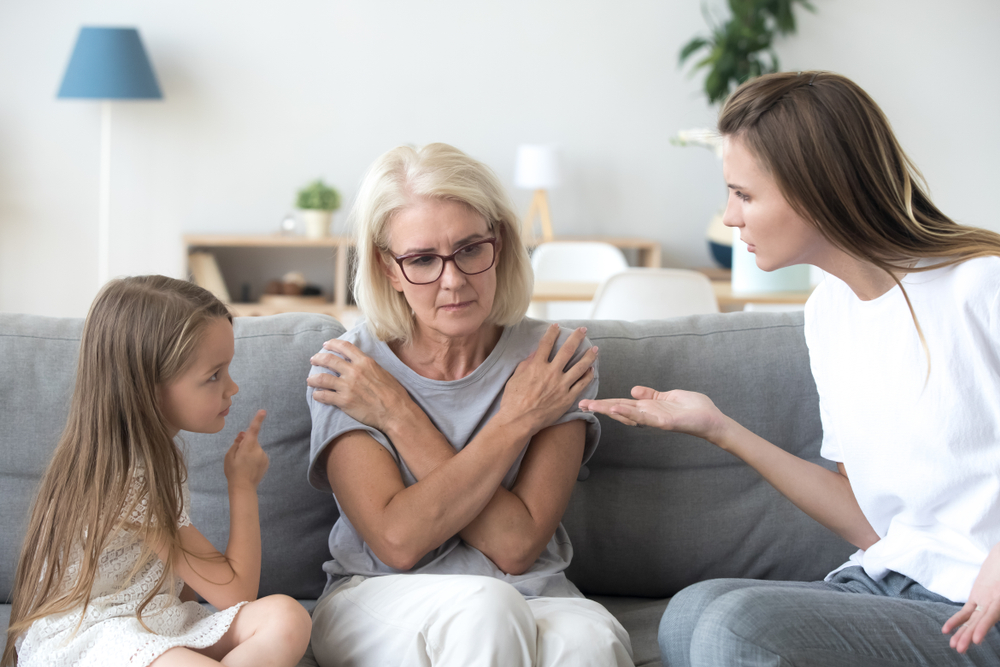


WASHINGTON, DC - Ageism is defined as stereotyping and/or discriminating against individuals or groups based on age. This may be casual or systemic.
The senior living industry has battled this stereotype for decades, and most recently with technologies coming out with subtle undertones for seniors such as “Jitterbug” and “Grandpad.”
To tackle ageism requires facing biases head on. Here are some common biases at work in the senior living industry:
- Attributing ‘failure to remember’ to age. Jokes abound about how 'Memory is the first to go,” yet people don’t think twice about misplacing objects while in their 20s. Frustration might ensue, but hardly the attribution of the loss of a set of keys to a “senior moment.” As people age they start attributing memory lapses to their age. Perceptions of age-related memory loss are overblown, however, research reveals.
- Ninety-percent of marketing dollars and startups target people younger than 50. What is shocking about this figure is that one-third of Americans are 50 or older. Even more ironic is that older people have more disposable income than youngsters and the number of adults 65 and older is projected to rise to 20 percent of the US population by 2030. “Old folks’ home.” In my time as a professional, I have heard this statement used in various ways and most often from those a venue is designed to serve. The phrase also has negative connotations for someone wanting to move into senior housing - it sends a message that being around “old people” is undesirable.
- Benevolent ageism refers to assigning protection to people because older age is assumed to identify need. Three out of every five see seniors as lonely. Many believe their families have abandoned them, especially if they are not living with them. The pandemic has worsened this phenomenon, shining a light on social isolat
The content herein is subject to copyright by The Yuan. All rights reserved. The content of the services is owned or licensed to The Yuan. Such content from The Yuan may be shared and reprinted but must clearly identify The Yuan as its original source. Content from a third-party copyright holder identified in the copyright notice contained in such third party’s content appearing in The Yuan must likewise be clearly labeled as such.
 Continue with Linkedin
Continue with Linkedin
 Continue with Google
Continue with Google










 2953 views
2953 views







